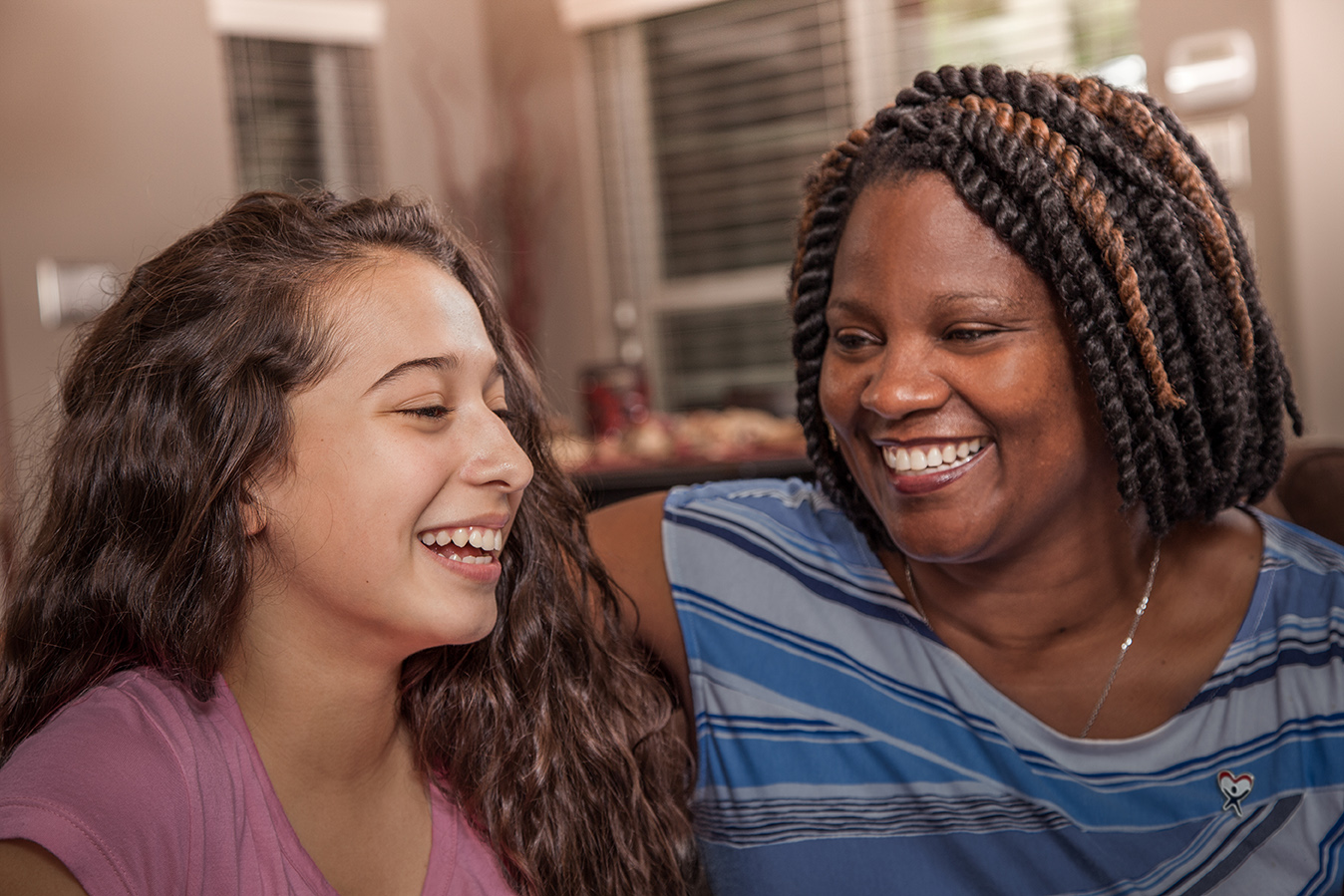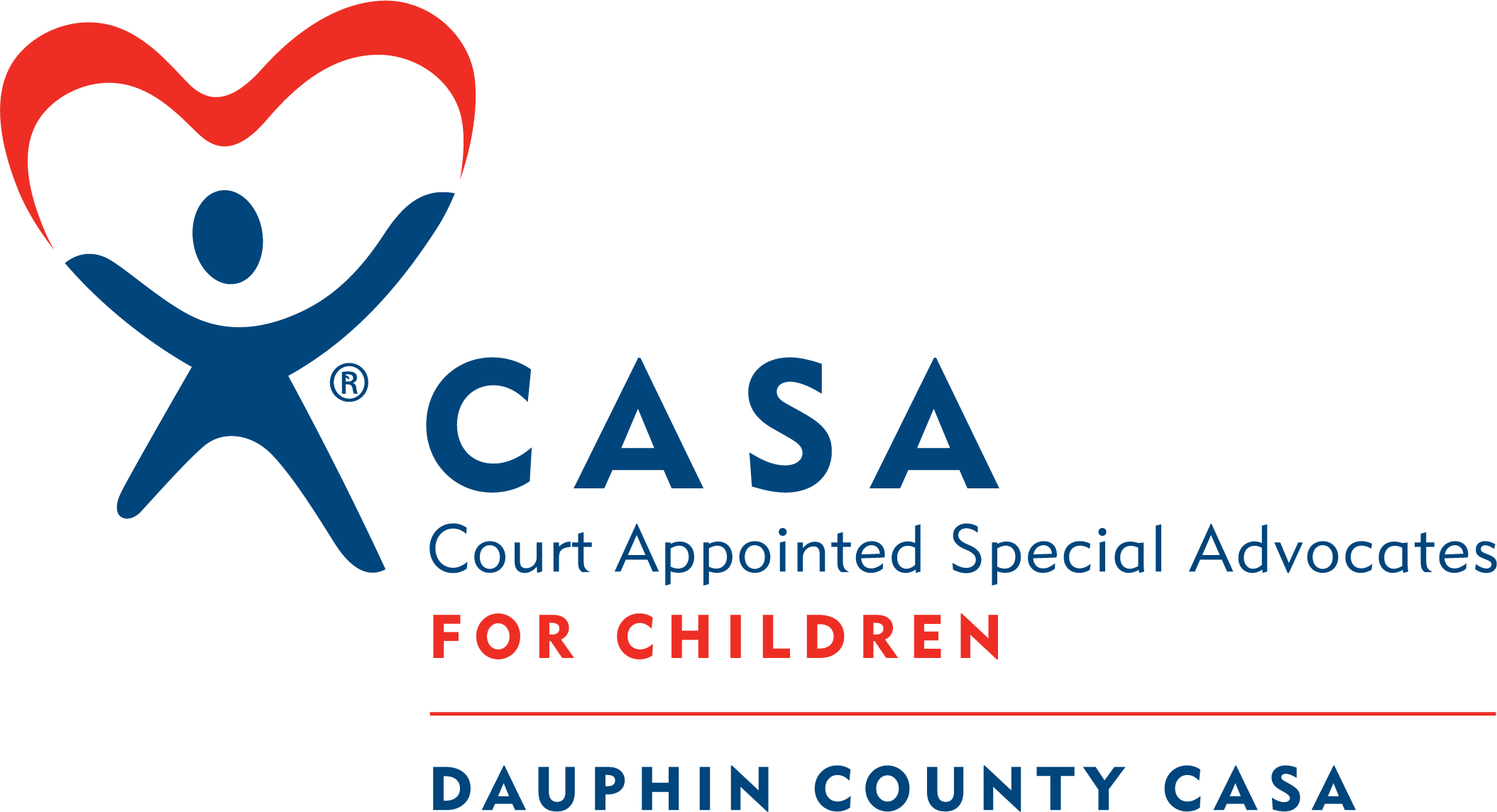What is CASA?

Filing a Report
To report suspected child abuse and neglect, call Childline 1-800-932-0313, available 24 hours a day.
To receive information on parenting support agencies in your community, visit the PA Family Support Alliance website.
At Dauphin County CASA, our mission is to recruit, train, educate, and supervise dedicated volunteers to become agents of change for the abused and neglected youths of Dauphin County. Through investigating, listening, and involvement in the courtroom and the child’s community, Court Appointed Special Advocate (CASA) will assist these children to achieve their full potential.
A CASA volunteer is a trained citizen (21 years or older) who is appointed by a Judge to represent the best interest of a child in court. After attending an Information Session, participating in a two-hour interview, and submitting to requisite background checks- CASA volunteers must complete a comprehensive thirty-hour pre-service training. This training curriculum is designed by the National CASA Association and is facilitated by our Dauphin County CASA staff.
Once sworn in by the Judge, a CASA focuses on best interest advocacy for the children in their assigned case(es). CASA volunteers advocate for children who were once abused and/or neglected and are now placed into the foster care system through the Dependency Court. Any party involved in the dependency matter may request for a CASA to be appointed.
Assessing the child’s best interest is accomplished through collaboration with members of the community. First and foremost, a CASA volunteer listens to the child. A CASA will also speak further with other important individuals in that child’s life such as: biological parents; foster parents; therapists; teachers; doctors; coaches; clergy; and caseworkers. CASA tracks down and views records pertaining to the child. Then a CASA will synthesize all the information received into Court Reports with recommendations for the Judge.
Indeed, a CASA is often referred to as the "eyes and ears” of the Court. Studies show that if a child has a CASA volunteer they are more likely to receive needed services, involving medical treatment, mental health therapy, and educational support. Children with an appointed CASA are also less likely to languish in long-term care.
